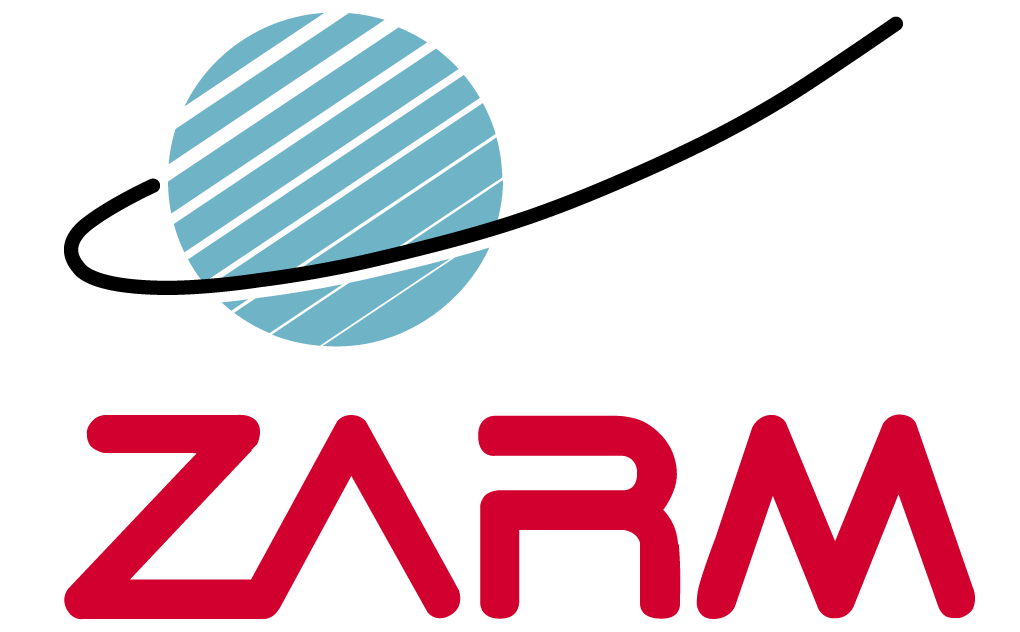Gravitational Theory
ABOUT OUR RESEARCH
Our research is focused on general relativity and its applications in astrophysics and geodesy as well as relations to quantum physics. This includes astrophysical extreme mass ratio systems and accretion disks around black holes as well as investigations of relativistic effects on the motion of satellites. The relativistic effects in rates of clocks on Earth and in space are crucial e.g. for height determination in geodesy. Moreover, we study fundamental problems in electrodynamics and in alternative theories of gravity.
Our fields of research
- Dynamics of light, particles (stars), and fluids in relativistic spacetimes using mostly analytical techniques
- Applications in relativistic astrophysics: extreme mass ratio systems, pulsar timing, accretion disks, gravitational lensing
- Tests of gravity: investigation of relativistic effects on satellites orbiting the Earth as well as Earth- or space-based clocks
- Relativistic geodesy: basic notions in General Relativity (GR), new concepts using the additional gravity degrees of freedom in GR; related topics are synchronisation and geodetic reference frames
- Alternative/modified theories of gravity and electrodynamics
CONTACT

Cluster of Excellence 'QuantumFrontiers'
The QuantumFrontiers program explores light and matter at the quantum frontier, advancing quantum and nanometrology to enhance measurement precision. These innovations enable groundbreaking technologies, from probing gravitational waves to understanding quantum-scale phenomena, deepening our knowledge of nature at both cosmic and microscopic scales.

Collaborative Research Center 'TerraQ - Relativistic and Quantum-based Geodesy'
The long term vision of TerraQ is to create a new geodesy based on quantum physics and general relativity, enabling unique prospects for satellite geodesy, gravimetric Earth observation and reference systems.
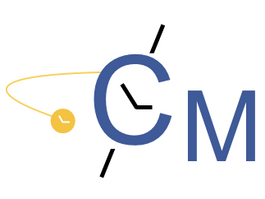
Research Unit 'Clock Metrology: A Novel Approach to TIME in Geodesy'
This research unit develops methods to enhance geodetic reference systems by linking all space geodetic techniques to a common time system. Accurate, stable global reference frames are essential for positioning, navigation, and understanding long-term geodynamic and climate processes, including plate tectonics and sea-level change.
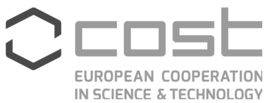
Cost Action 23130 - Bridging high and low energies in search of quantum gravity (BridgeQG)
This COST Action Network brings together theorists and experimentalists to explore the regime where gravity meets quantum physics. From astrophysical observations to precision table-top experiments, the aim is to understand Planck-scale effects and study gravity's influence on quantum systems, bridging expertise in quantum-gravity, -optics, -mechanics, and high-energy astrophysics.
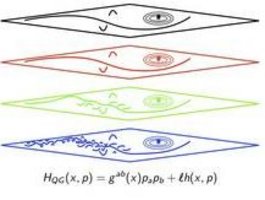
DFG Project 'Momentum dependent spacetime geometries: Traces of quantum gravity and fields in media'
This project establishes a rigorous mathematical framework for effective quantum spacetime geometries using Finsler and Hamilton geometry. It seeks to derive observable predictions (e.g., particle trajectories, time delays, light deflections), study classical and quantum field propagation on quantum spacetime, and develops the dynamics that determine the quantum spacetime geometry.
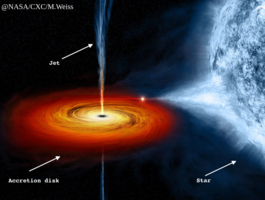
DFG project: General relativistic theory of charged accretion disk structures around black holes: influence of the (self)-electromagnetic interaction
Accretion disks around black holes and neutron stars, shaped by electromagnetic fields, provide insights into strong-gravity regimes. This project explores charged fluid disks, focusing on their self-interactions through analytic models and GRMHD simulations, aiming to unravel complex phenomena in disk structure, physics, and evolution near compact objects.
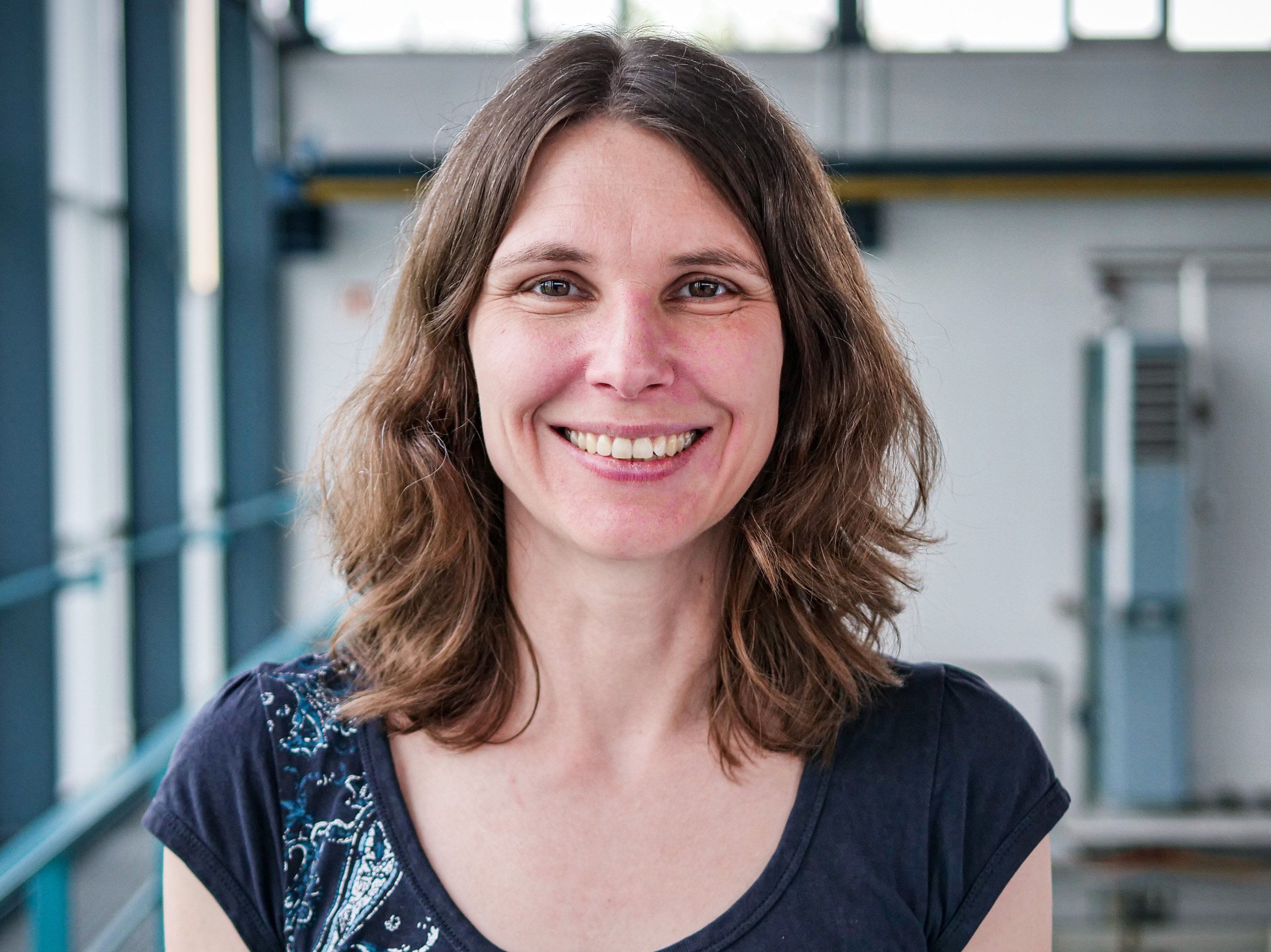
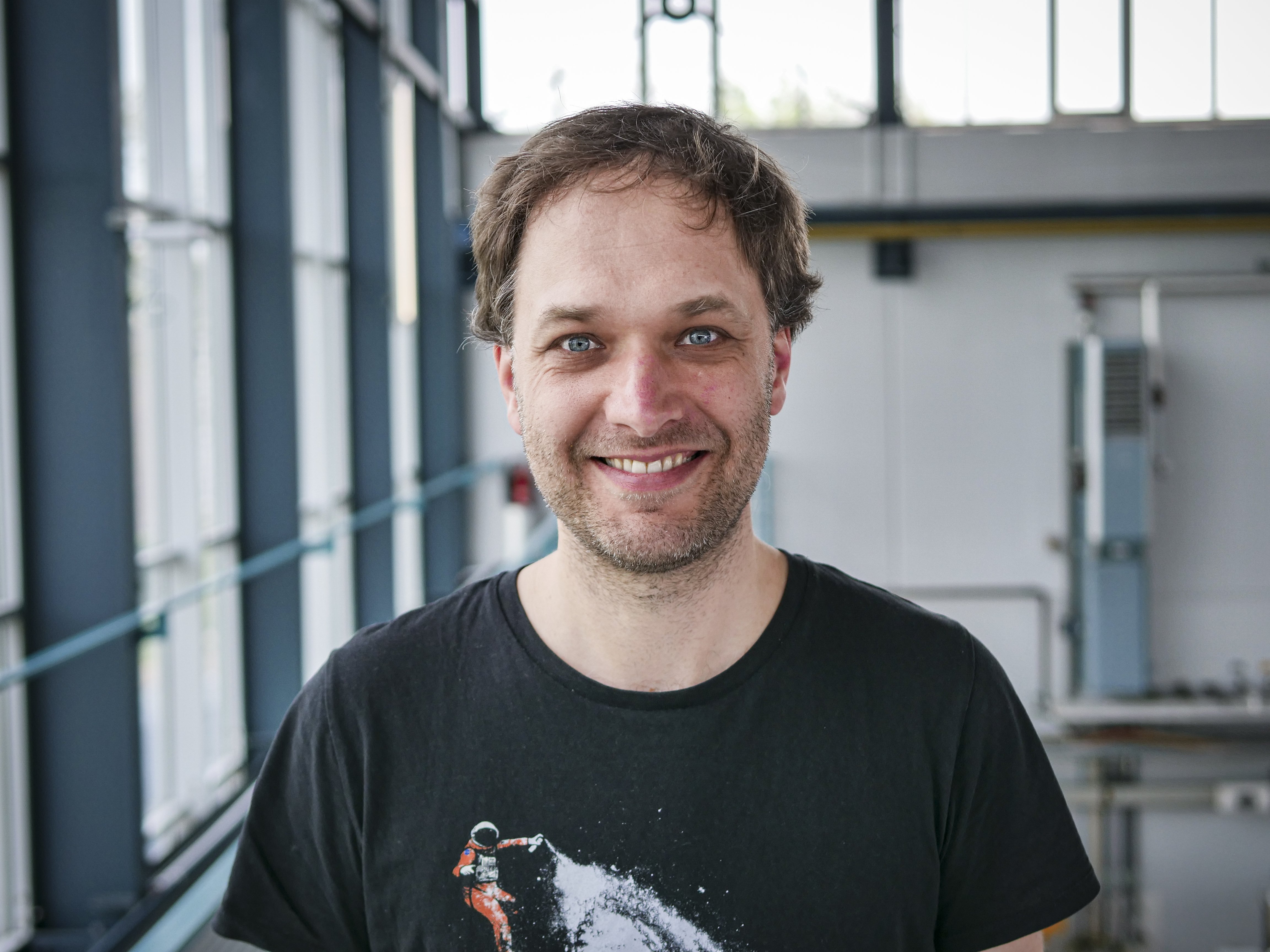
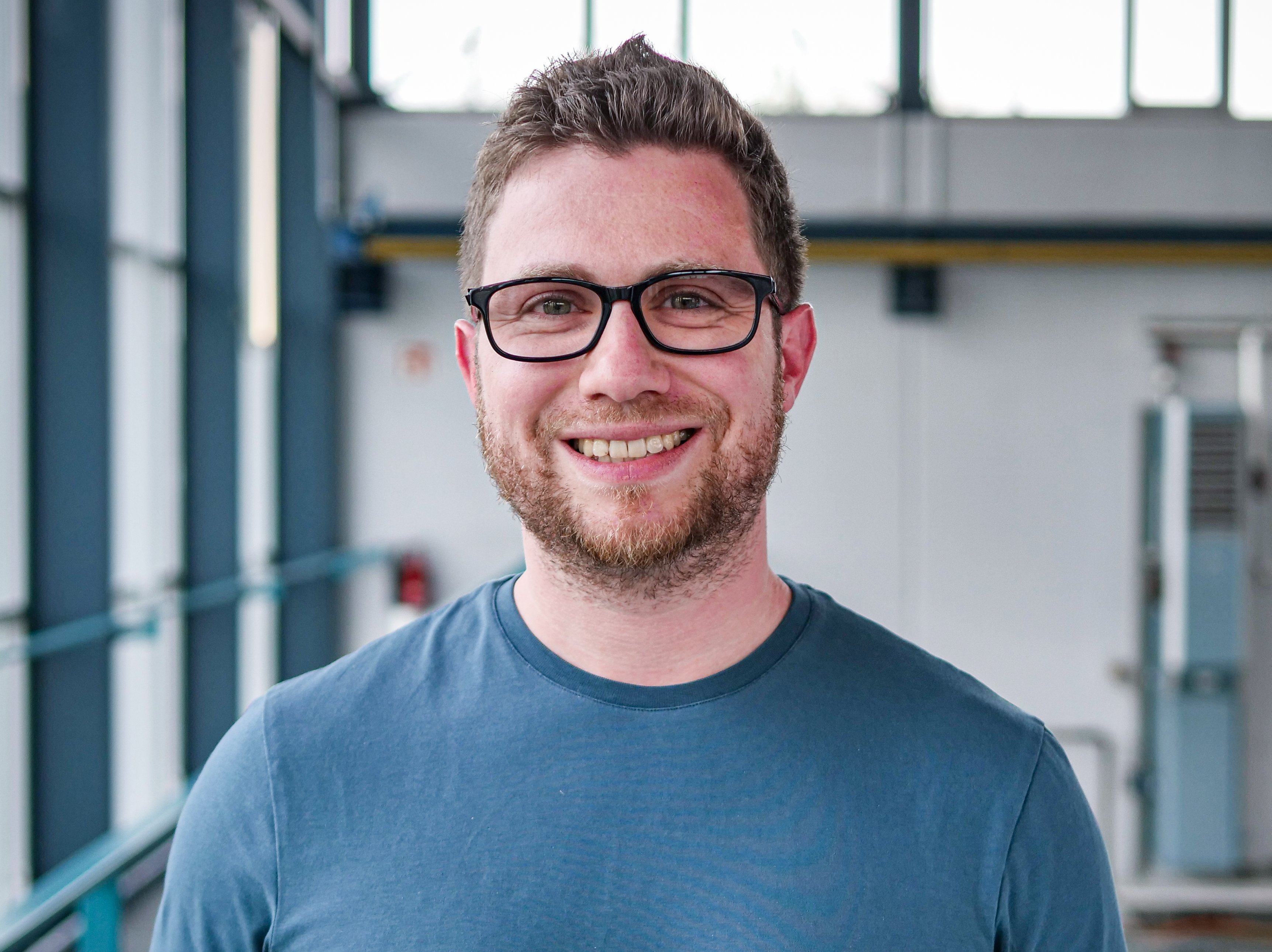
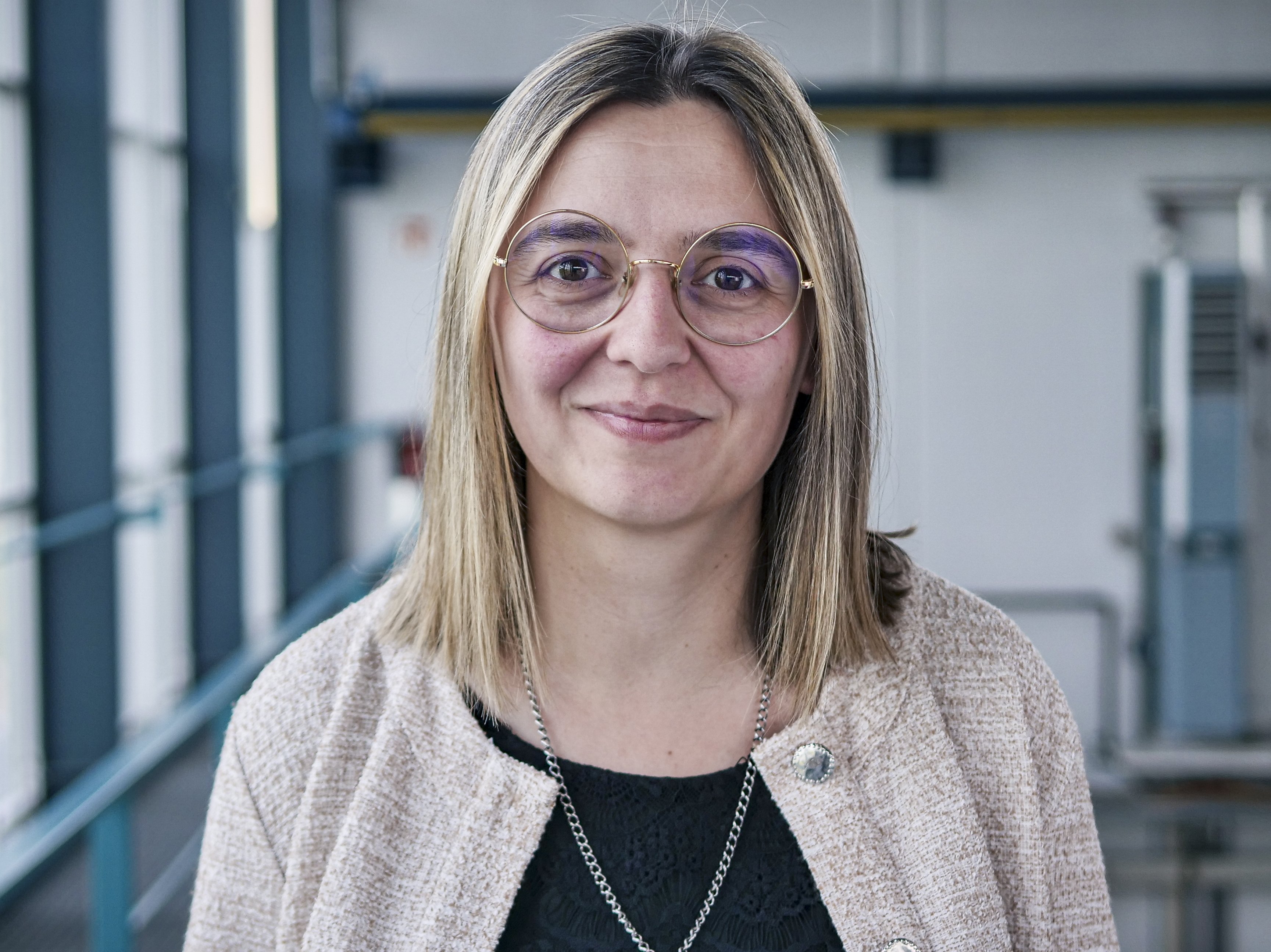

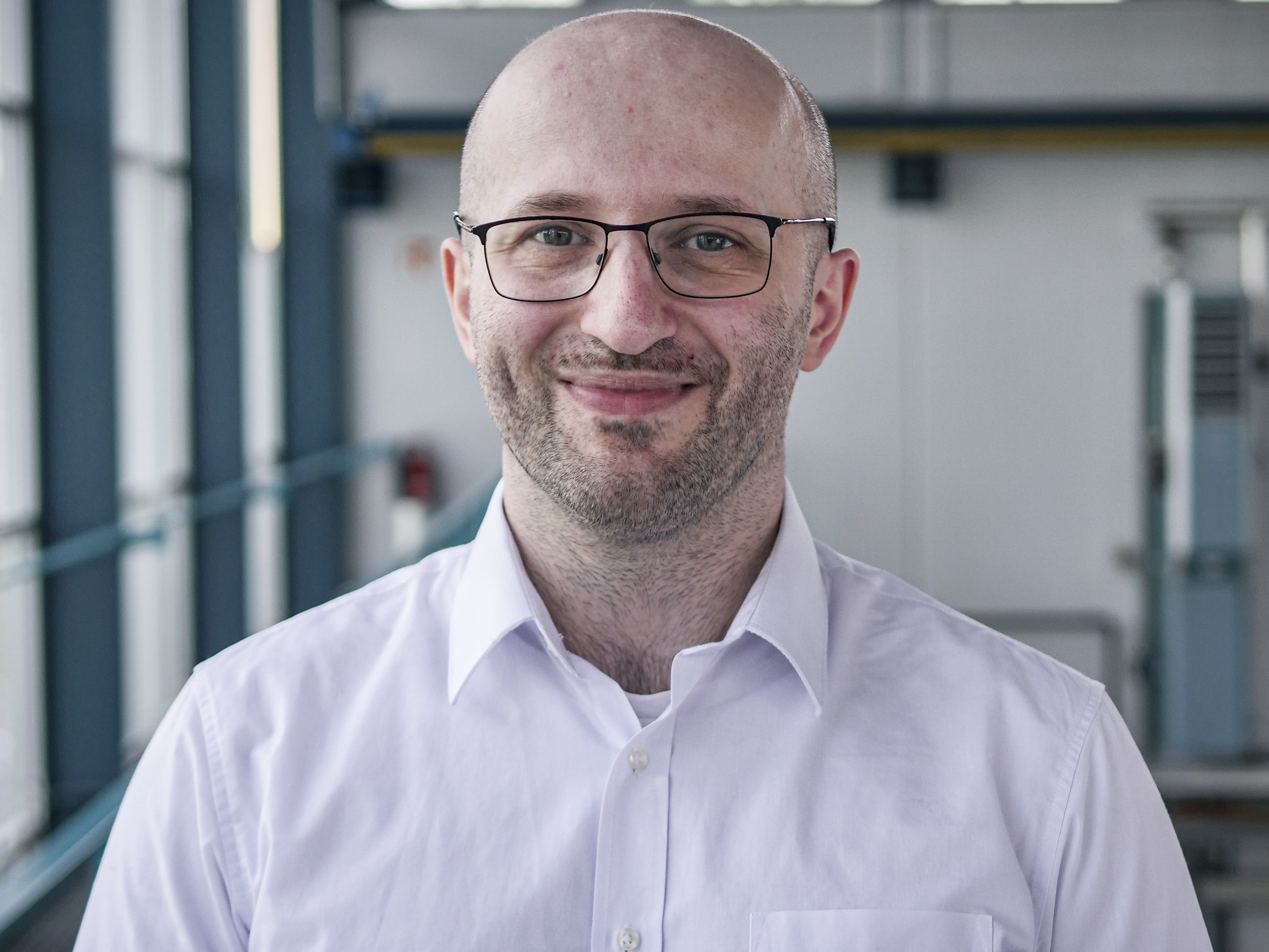




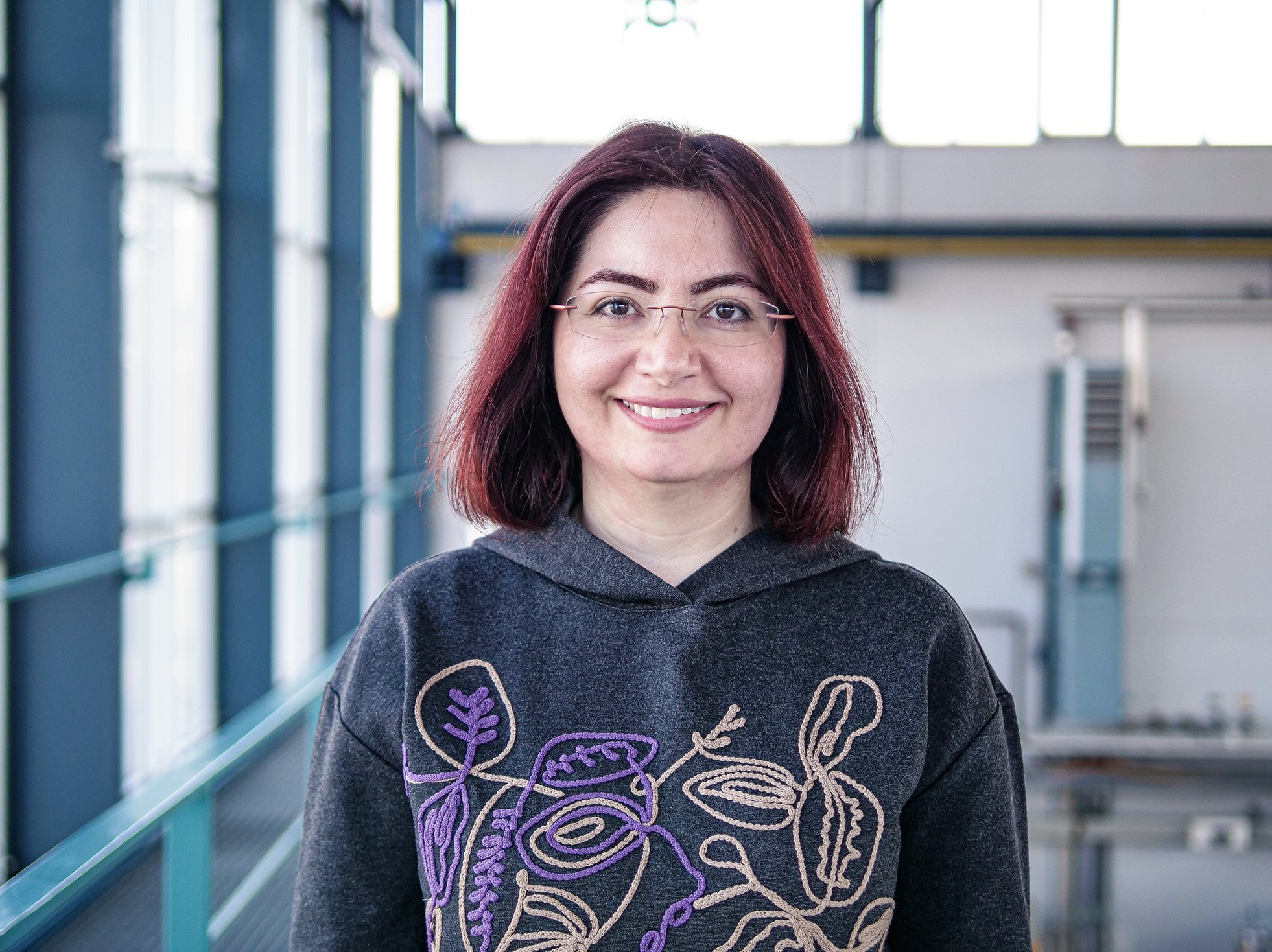
The list below shows the latest 25 publications of this research group. For the complete, searchable list of ZARM publications, please click more
2022
Phenomenological signatures of two-body decays in deformed relativity
JHEP, 09 :003
2022
Photon sphere and shadow of a time-dependent black hole described by a Vaidya metric
Phys. Rev. D, 105 :064056
2022
Propagation time delay and frame dragging effects of lightlike geodesics in the timing of a pulsar orbiting SgrA*
Monthly Notices of the Royal Astronomical Society, 516 :1768
2022
Quantum gravity phenomenology at the dawn of the multi-messenger era – A review
Prog. Part. Nucl. Phys., 125 :103948
2022
Relativistic equilibrium fluid configurations around rotating deformed compact objects
European Physical Journal C, 82 (1149)
2022
Scalarized black holes in teleparallel gravity
JCAP, 04 (04) :018
2022
Thick accretion disk configurations in the Born-Infeld teleparallel gravity
Physical Review D, 106 :084046
2022
2021
Bonnor-Vaidya charged point mass in an external Maxwell field
Phys. Rev. D, 103 :044039
2021
Canonical variational completion and 4D Gauss-Bonnet gravity
Eur. Phys. J. Plus, 136 :180
2021
Demystifying autoparallels in alternative gravity
Phys. Rev. D, 104 :044031
2021
Effect of an external mass distribution on the magnetized accretion disk
Phys. Rev. D, 104 :083006
2021
Exploring Axial Symmetry in Modified Teleparallel Gravity
Phys. Rev. D, 103 (4) :044058
2021
Frontiers in General Relativity
Lecture Notes in Physics, Vol. 984
2021
Publisher: Springer (Cham)
General Teleparallel Modifications of Schwarzschild Geometry
Int. J. Geom. Methods Mod. Phys., 18 (supp01) :2140001
2021
Geometrically thick tori around compact objects with a quadrupole moment
Class. Quantum Grav., 38 :135002
2021
Gravitational waves with colliding or noncolliding wave fronts
Phys. Rev. D, 103 :124064
2021
Identifying Berwald Finsler Geometries
Differ. Geom. Appl., 79 :101817
2021
Inequalities from Lorentz-Finsler norms
Math. Ineq. and Applications, 24 (2)
2021
Lightlike geodesics and gravitational lensing in the spacetime of an accelerating black hole
Class. Quantum Grav., 38 :085016
2021
Magnetised tori in the background of a deformed compact object
Astron. Astrophys., 654 :A100
2021
Quasi-periodic oscillatory motion of particles orbiting a distorted, deformed compact object
Universe, 7 :447
2021
Randers pp-waves
Phys. Rev. D, 104 :024007
2021
Reaching the Planck scale with muon lifetime measurements
Phys. Rev. D, 104
2021
Review of the Hamiltonian analysis in teleparallel gravity
Int. J. Geom. Methods Mod. Phys., 18 (supp01) :2021
2021
Static spherically symmetric black holes in weak f(T)-gravity
Universe, 7 (5) :153
2021



